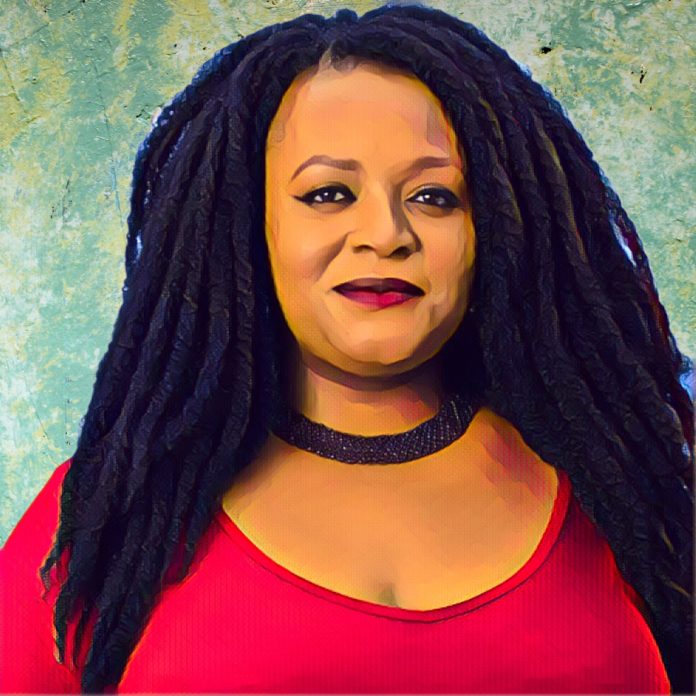Key Points
- Nigerian innovators are shaping Africa’s tech future with bold ideas.
- From healthcare to education, they tackle the continent’s challenges.
- Their solutions inspire the next generation of African entrepreneurs.
Nigeria holds the place among one of the most gifted brains in Africa’s information technology marketplace. They did not only come up with major technological breakthroughs, they have located Nigeria as the staple of continental innovations. Five people making Africa’s tech future.
1. Bosun Tijani: Redefining tech via innovation hubs
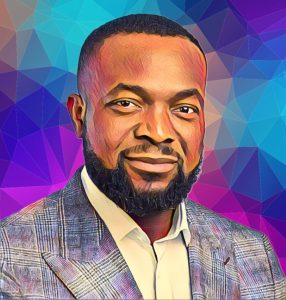
One of Africa’s – and Lagos’ most influential tech figures, Bosun Tijani co-founded the Co-Creation Hub (CcHub) – Nigeria’s first open, living lab for start-up technology and entrepreneurialism. He was trained at University of Jos Economics and at London School of Economics with a Masters in Science Information Systems and Management.
CcHub which started in 2010 has supported over 120 outfits among them LifeBank and BudgIT to mention but a few. Tijani has played a crucial role of minimizing the gap existing between technology, creativity and society. When CcHub decided to sell Kenya’s iHub, the expansion to other African countries proved the organization was leading regional innovation spaces.
It may be noted that, with CcHub, such companies have been provided with the industry’s necessary tools and mentoring requirements which has revolutionized the IT sector in Nigeria. Like Facebook and Google among the global tech giants have also flocked to Nigeria with the express intent to collaborate.
In every field Bosun believes that there should be an ecosystem that supports every creative mind that is in a tech startup to solve the problems facing Africa today.
2. Temie Giwa-Tubosun: Transformational healthcare logistics

Founder and CEO of LifeBank a health-tech firm that optimizes the distribution of most essential commodities such as blood and oxygen, Temie Giwa-Tubosun is a Middlebury College alumna and holds a Master of Public Administration from Harvard University.
Implementing an application, the difference in healthcare logistics was addressed successfully and, therefore, LifeBank has saved thousands of people. It ensures that essential products get to the right users probably by helping hospitals locate blood banks through GPS and data. In 2019, Giwa-Tubosun was among the TIME Magazine’s Next Generation Leaders.
LifeBank has supplied over 600 hospitals with more than 40,000 medical items; thus, helping to save many lives. It has also inspired other businesses to address systematic healthcare needs in Africa owing to the success of the platform.
As Temie plans to expand across other African countries, she is ready to revolutionize the medical logistic industry because the corporation she is currently heading has a strong goal of making sure that nobody dies from poor supply chain of some basic products.
3. Silas Adekunle: Transforming education and robotics
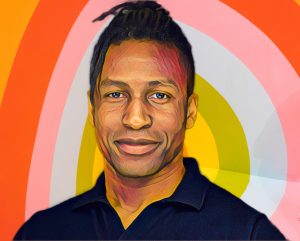
As a Robotics Engineer and an entrepreneur, Silas Adekunle has distinguished himself globally through his teaching innovations in Robotics. Adekunle, from Nigeria but having received his education in the United Kingdom, holds a University of the West of England degree in Robotics and Mechatronics.
Adekunle co-founded Reach Robotics, a company that tailored a robotic gaming robot, MekaMon, to encompass augmented reality. His work led to receiving nods from all around him, which led him to partnerships with Apple and millions in investment.
Robogaming by Adekunle presents STEM as a probable career path and inspired youth to embedded interests in robotics. The main focus of his approach is the capacity of Africa to source globally competitive innovation products.
Right now Adekunle focuses on popularizing educational robotics across Africa and building the tools and platforms necessary for the next generation of African innovators.
4. Funke Opeke: Pioneering the connectivity revolution for Africa
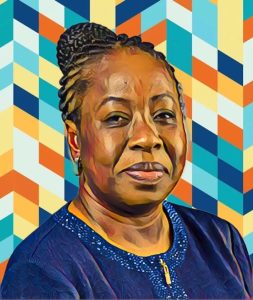
MainOne is one of the leading creative telecom services and networking solutions provider in West Africa with Funke Opeke, the CEO, as the founder. She further earned her Bachelor’s Degree in Electrical Engineering from Obafemi Awolowo University and Mater’s Degree from Columbia University.
Thus, creating the first privately-owned undersea fibre-optic cable to run along the West African seaboard, MainOne boosted the connectivity to the internet in that region. The company has placed data centers and partnership with major technology companies like Microsoft.
The work of Opeke has made it easier to access internet in Africans, hence help companies, institutions, and individuals to use technology in development. The digital divide in particular has thus been closed in large part on her behest.
With initiatives of making internet connection faster, more reliable and fairly priced for millions of people in Africa, Funke Opeke maintains her focus on building digital media.
5. Eyitayo Ogunmola: Advocate of digital skills for young people
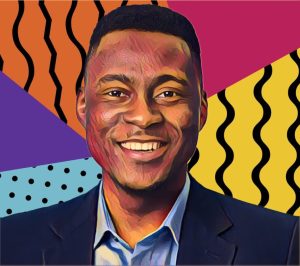
This tech-started involved teaching African youth digital skills and was started by Eyitayo Ogunmola. Ogunmola who is a graduate of the university of Ilorin, has dedicated himself to the fight against unemployment via skill acquisition.
Utiva has helped out over 50,000 Africans with skill development in areas like data analysis, AI and product development. It works with international technology companies such as Microsoft and Google to design inclusive learning technologies.
The effort is being made by Ogunmola’s work to challenge the current world with the skills which African youth need to apply in the new economic space of the digital world. As a result of this challenge, Utiva is contributing immensely to the fight against unemployment and encouraging the fabrication of new ideas.
Ogunmola has a goal of taking Utiva to other African countries as the key focus shifts to the digital area in the continent’s technological development.
Conclusion
Let look at five Nigerian innovators; these are not only defining the African tech narrative, but are etching a legacy that future generations will pick from and run with. They are maintaining, expanding, and innovating the network, improving access to healthcare, educating the people, and supporting novices entrepreneurs – to make the African continent technology-friendly for everyone. How they envision the future, how they stick to their goal, and how they cause change is the story of innovation.


